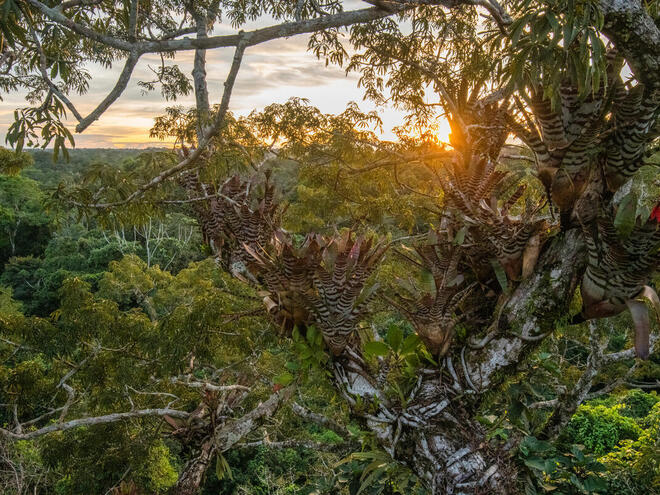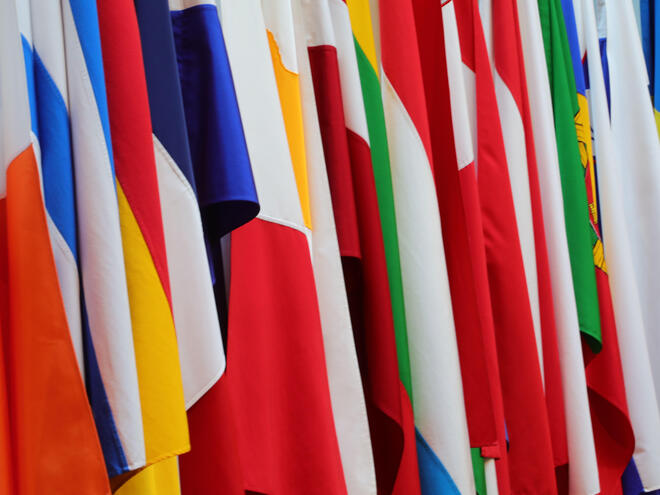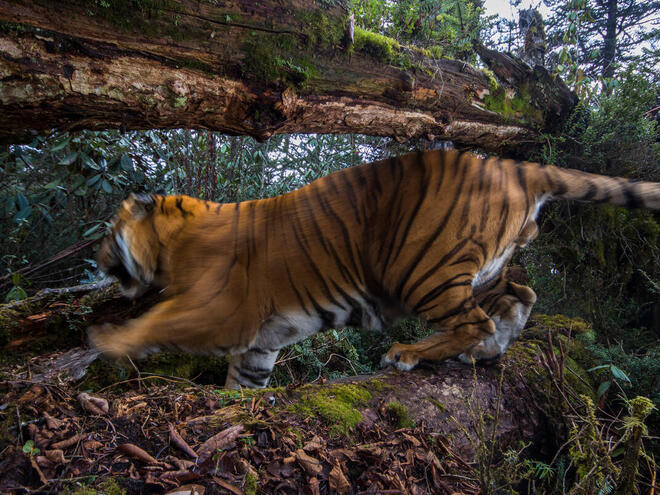The Doctor Who Wasn’t There: This gripping history shows how the electronic devices we use to access care influence the kind of care we receive.The Doctor Who Wasn’t There traces the long arc of enthusiasm for—and skepticism of—electronic media in health and medicine. Over the past century, a series of new technologies promised to democratize access to healthcare. From the humble telephone to the connected smartphone, from FM radio to wireless wearables, from cable television to the “electronic brains” of networked mainframe computers: each new platform has promised a radical reformation of the healthcare landscape. With equal attention to the history of technology, the history of medicine, and the politics and economies of American healthcare, physician and historian Jeremy A. Greene explores the role that electronic media play, for better and for worse, in the past, present, and future of our health. Today’s telehealth devices are far more sophisticated than the hook-and-ringer telephones of the 1920s, the radios that broadcasted health data in the 1940s, the closed-circuit televisions that enabled telemedicine in the 1950s, or the online systems that created electronic medical records in the 1960s. But the ethical, economic, and logistical concerns they raise are prefigured in the past, as are the gaps between what was promised and what was delivered. Each of these platforms also produced subtle transformations in health and healthcare that we have learned to forget,...
 The US EPA took a major step toward protecting one of the world’s most important wild salmon fisheries in Bristol Bay, Alaska, by blocking a potentially catastrophic copper and gold mining project.
The US EPA took a major step toward protecting one of the world’s most important wild salmon fisheries in Bristol Bay, Alaska, by blocking a potentially catastrophic copper and gold mining project. WWF and partners reviewed the use of more than 200,000 miles of Amazonian rivers by long-distance migratory fish and turtle species and river dolphins to map the most important routes.
WWF and partners reviewed the use of more than 200,000 miles of Amazonian rivers by long-distance migratory fish and turtle species and river dolphins to map the most important routes. WWF and the United Nations Office on Drugs and Crime’s Global Maritime Crime Program have launched a new partnership to advance innovative knowledge-sharing to protect the waters around Ecuador.
WWF and the United Nations Office on Drugs and Crime’s Global Maritime Crime Program have launched a new partnership to advance innovative knowledge-sharing to protect the waters around Ecuador. Here are five ways that WWF helped to fight the climate crisis in 2022.
Here are five ways that WWF helped to fight the climate crisis in 2022. A 44,000-acre conservation easement will protect four of the world's most important rivers for salmon habitat.
A 44,000-acre conservation easement will protect four of the world's most important rivers for salmon habitat. In a big win for biodiversity, countries struck a global agreement to halt and reverse nature loss during negotiations in Montreal.
In a big win for biodiversity, countries struck a global agreement to halt and reverse nature loss during negotiations in Montreal. These actions send a signal to the world, but there’s a lot more to do
These actions send a signal to the world, but there’s a lot more to do
 Despite the dual threats of a rapidly warming planet and declining biodiversity, we still made major conservation strides toward protecting wildlife, wild places, and people in 2022.
Despite the dual threats of a rapidly warming planet and declining biodiversity, we still made major conservation strides toward protecting wildlife, wild places, and people in 2022.
 Leclercq is a grassroots organizer, educator, scholar, and artist whose primary focus is on environmental justice.
Leclercq is a grassroots organizer, educator, scholar, and artist whose primary focus is on environmental justice.
 The talks concluded with new and renewed global protections against poaching, illegal, and unsustainable trade in wild animals and plants that could help reverse trends driving biodiversity loss.
The talks concluded with new and renewed global protections against poaching, illegal, and unsustainable trade in wild animals and plants that could help reverse trends driving biodiversity loss. By conserving wildlife, from otters and elephants to tigers and oysters, we help protect the planet, including ourselves.
By conserving wildlife, from otters and elephants to tigers and oysters, we help protect the planet, including ourselves. All international climate talks begin with high hopes, and COP27 was seen as the moment for implementation and climate justice. Instead, it may be remembered as the COP of unmet expectations.
All international climate talks begin with high hopes, and COP27 was seen as the moment for implementation and climate justice. Instead, it may be remembered as the COP of unmet expectations. Snares, rudimentary traps that people have set by the millions on forest floors and snowy mountain pathways across Asia, are barely visible to the eye and a fatal danger to all wildlife.
Snares, rudimentary traps that people have set by the millions on forest floors and snowy mountain pathways across Asia, are barely visible to the eye and a fatal danger to all wildlife.